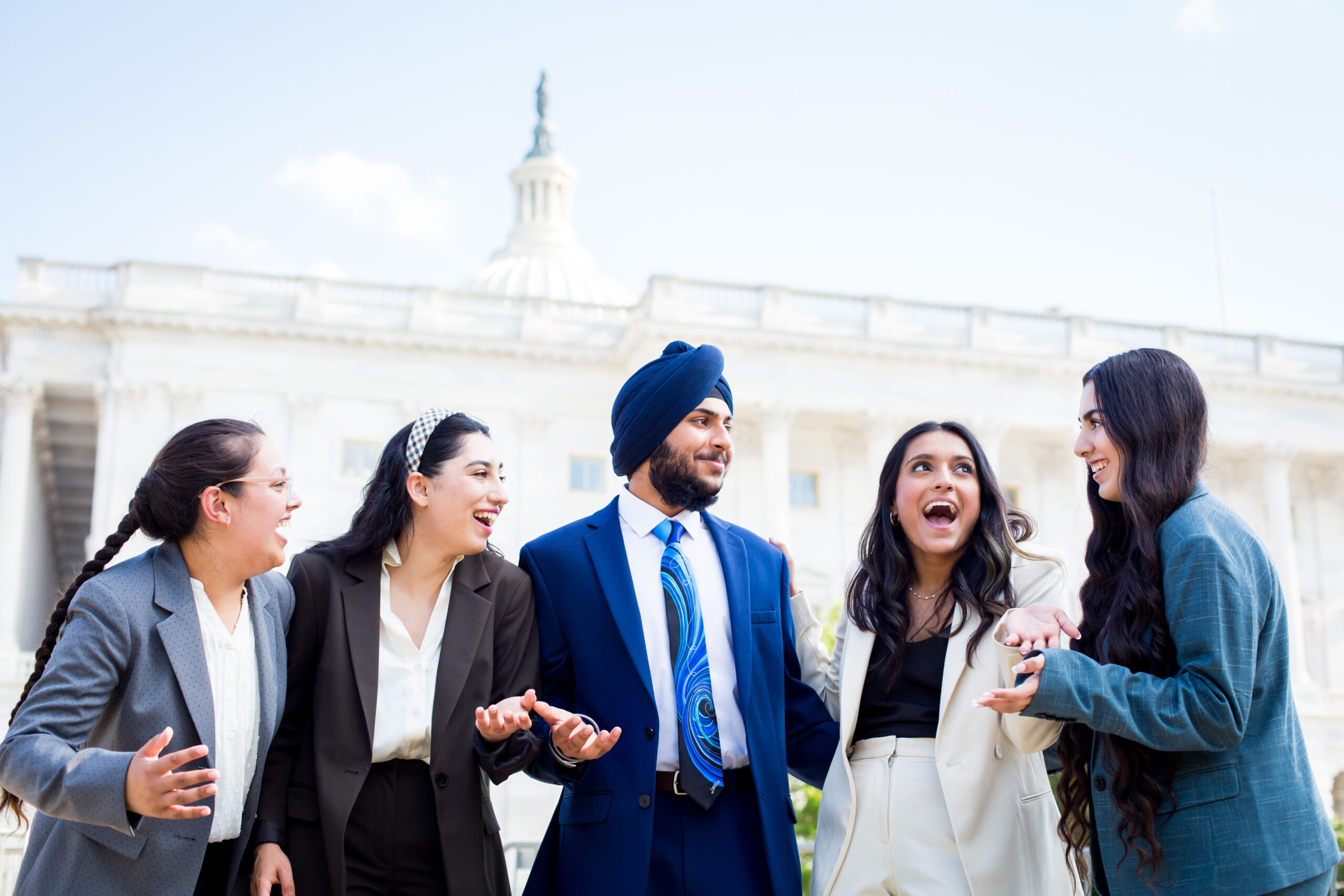A bill passed by the Oregon Legislature that broadens religious freedom in the workplace has prompted protests by some faith leaders because it exempts schools. The bill requires employers to allow workers to wear certain clothing, grow beards and take certain days off to observe their religious practices. But it specifically carves out school districts in Oregon, one of two states that expressly forbid teachers from wearing religious clothing. The exemption drew the ire of some groups, especially Sikhs, whose members wear turbans and other distinctive clothes — and have been barred from teaching in Oregon as a result. The new law “fails in its essence if it doesn’t honestly and comprehensively provide religious freedom for all Oregonians,” said Rajdeep Singh Jolly, law director of the Sikh American Legal Defense and Education Fund in Washington, D.C. “It smacks of irony,” Jolly said of the bill, which was hailed by legislative leaders as improving the climate for diverse religions in Oregon. “It takes two steps forward and 10 steps back.” The bill, titled the Oregon Workplace Religious Freedom Act, grants workers wide religious leeway as long as the activity, clothing or other practices don’t cause an undue hardship on the employer. Religious organizations typically applaud such measures. But the school exemption has highlighted what some think is a glaring hole in Oregon’s efforts to expand religious freedoms. “It seems like it would apply to a Muslim woman wearing a hijab or a Jew wearing a yarmulke,” said Richard Foltin, director of national and legislative affairs for the American Jewish Committee in Washington, D.C. “We’re especially concerned about that.” Oregon has had a law on the books for decades that states, “No teacher in any public school shall wear any religious dress while engaged in the performance of duties as a teacher.” Pennsylvania has a similar law. Oregon’s law was tested in the 1980s, when a Sikh teacher was suspended from her job as a Eugene special-education teacher for wearing a white turban and white clothes to class. The case went to the Oregon Supreme Court, which upheld the suspension. The U.S. Supreme Court declined to hear the case. “The underlying policy reflects the unique position that teachers occupy,” said Jake Weigler, spokesman for the state Department of Education. “In this case, the concern that a public school teacher would be imparting religious values to their students outweighs that teacher’s right to free expression.” Sikhs tend to stand out in such cases because the religion requires members to wear turbans, said Hari Nam Singh Khalsa, a Portland attorney who said a judge once told him to remove his “hat” or leave the courtroom. After a discussion in the judge’s chamber, the matter never came up again. Khalsa said he understands that schools present a tricky problem because of the clash between freedom of expression and church-state separation. But, he said, “It’s hard for me to imagine that just because somebody is wearing something that is required by their religion that this is in any way suggestive to students of an endorsement of the religion.” Jolly, the Sikh legal fund representative, has written a letter to Gov. Ted Kulongoski urging a veto of the bill. A spokeswoman for Kulongoski said the governor expects to sign the bill because vetoing it would not change Oregon’s law prohibiting teachers from wearing religious garb. Yet even the bill’s strongest champion, House Speaker Dave Hunt, D-Gladstone, admits it falls short. He said he offered a similar bill in 2007 that would have allowed teachers to wear religious clothing, but it didn’t pass. “I think all Oregon workers should have the right to freely exercise their religion and do their job,” Hunt said. But the bill didn’t have the votes to pass without the exclusion for teachers, he said. “It was one of those legislative compromises you do.” — Harry Esteve; harryesteve@news.oregonian.com http://www.oregonlive.com/politics/index.ssf/2009/07/school_exemption_in_religious.html Daily Oregonian
